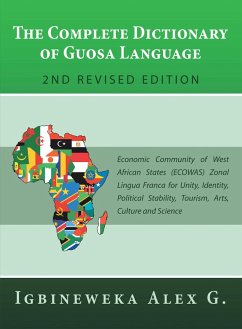This book stems from the joint effort of 25 research teams across Europe, representing a dozen disciplines from the social sciences and humanities, resulting in a radically novel perspective to the challenges of multilingualism in Europe. The various concepts and tools brought to bear on multilingualism are analytically combined in an integrative framework starting from a core insight: in its approach to multilingualism, Europe is pursuing two equally worthy, but non-converging goals, namely, the mobility of citizens across national boundaries (and hence across languages and cultures) and the preservation of Europe's diversity, which presupposes that each locale nurtures its linguistic and cultural uniqueness, and has the means to include newcomers in its specific linguistic and cultural environment. In this book, scholars from applied linguistics, economics, the education sciences, finance, geography, history, law, political science, philosophy, psychology, sociology and translation studies apply their specific approaches to this common challenge. Without compromising the state-of-the-art analysis proposed in each chapter, particular attention is devoted to ensuring the cross-disciplinary accessibility of concepts and methods, making this book the most deeply interdisciplinary volume on language policy and planning published to date.
Dieser Download kann aus rechtlichen Gründen nur mit Rechnungsadresse in A, B, BG, CY, CZ, D, DK, EW, E, FIN, F, GR, HR, H, IRL, I, LT, L, LR, M, NL, PL, P, R, S, SLO, SK ausgeliefert werden.









